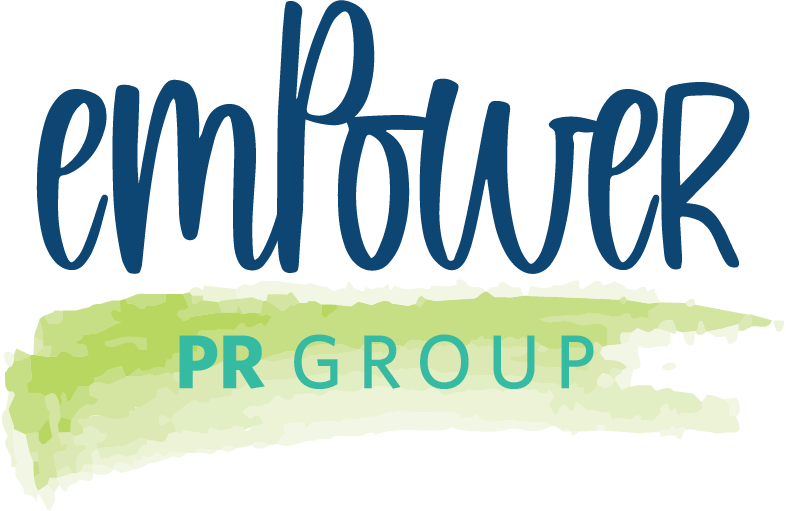Why do you want to write a book? And, what will book success look like to you?
When I published my first book, I expected to receive inquiries about the book’s content and availability, as well as requests for speaking engagements. However, I was pleasantly surprised to also receive unexpected questions from aspiring authors. People approached me seeking guidance on how to write a book or what steps to take after completing their manuscript. They wondered if anyone would be interested in reading and purchasing their book and how they could go about getting it published. These were questions I once had too, and authors who forged the path before me graciously shared their experiences to help me uncover mine.
I felt it was my first to pass on the knowledge-sharing baton in this pay-it-forward industry, and dedicated the entire Season 3 of The emPowered Author Podcast to help aspiring authors write books that will sell. During this podcast episode, we explore:
- The importance of uncovering your why and using it as motivation to bring your book to life.
- Various personal and professional reasons you may consider writing a book.
- Success metrics to consider so that you have clarity on if the book you write is one that will achieve your personal and professional goals.
I firmly believe that you don’t need to possess all the knowledge in the industry to succeed as an author; it’s more important to know where to seek guidance. Excited to share the insights I’ve learned along the way, I explore the core questions authors face, acknowledging that many aspiring authors might be unsure of where to begin or what factors to consider before embarking on their writing journey. Starting with the importance of understanding the reasons for writing a book and determining how to measure its success, you’ll be a step ahead of others after listening and reflection on insights from this episode.
Here are some of my favorite highlights from this episode:
- When I published my first book, there were questions people began asking me, and they may be ones you are asking yourself now too. Here are some that frequently are brought up and are at the heart of this podcast episode. (1:26)
- If writing a book is something you’re dreaming of, I recommend that you begin by understanding why you want to write a book in the first place and how you are going to measure success. (4:50)
- There are countless reasons that people choose to write a book, but after working with authors for quite some time, I’ve been able to see the handful of reasons why its a calling for many personally and professionally. (5:16)
- We all have a why, and I share the personal “why” behind my first book, Color Today Pretty: An Inspirational Guide to Living a Life in Perspective. (11:56)
- On of the biggest reasons because opt to write a book is to become a thought leader. I share a bit more about what that means and why a book helps achieve it. (19:28)
- What will success look like for you? Having clarity on your success metrics will help ensure you reach it. (22:44)
- Are you ready to articulate some book goals? I offer some insights. (24:56)
If you are a nonfiction author who is learning more about writing a marketable book that will sell, the emPower PR Group can help. Visit our website to learn more about the emPowered Writer Program and how we can help you uncover your why and build success metrics to align with it while ensuring you achieve the success you seek.
Resources highlighted in the episode include the following.
- The first book I wrote was Color Today Pretty: An Inspirational Guide to Living a Life in Perspective. This book is highlighted in this episode and one you may enjoy learning more about.
- Learn more about how the emPower PR Group helps authors write marketable books through the emPowered Writer Program.
Check out the other episodes in this season of The emPowered Author Podcast.
- 3.2 Your Three Stories and How to Navigate Them
- 3.3 Write a Book that Will Sell By Writing to Your Reader from the First Word
- 3.4 Manuscript Tips from a Book Editor
- 3.5 The Power of Feedback and Why You Should Embrace It
- 3.6 Find the Right Publishing Option for You By Assessing the Pros and Cons of Each
Listen on your favorite podcast platform.
Memorable Quotes from the Episode
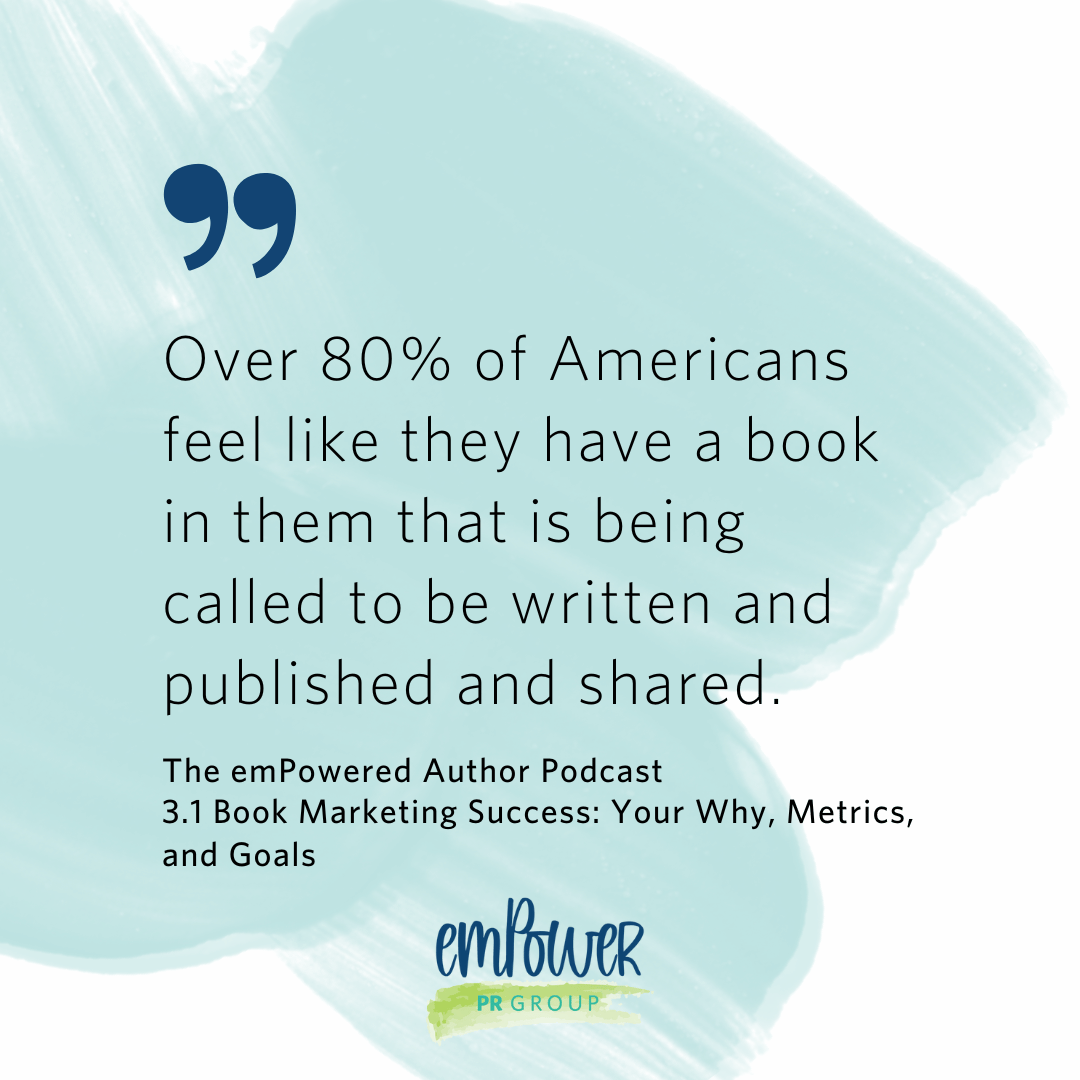
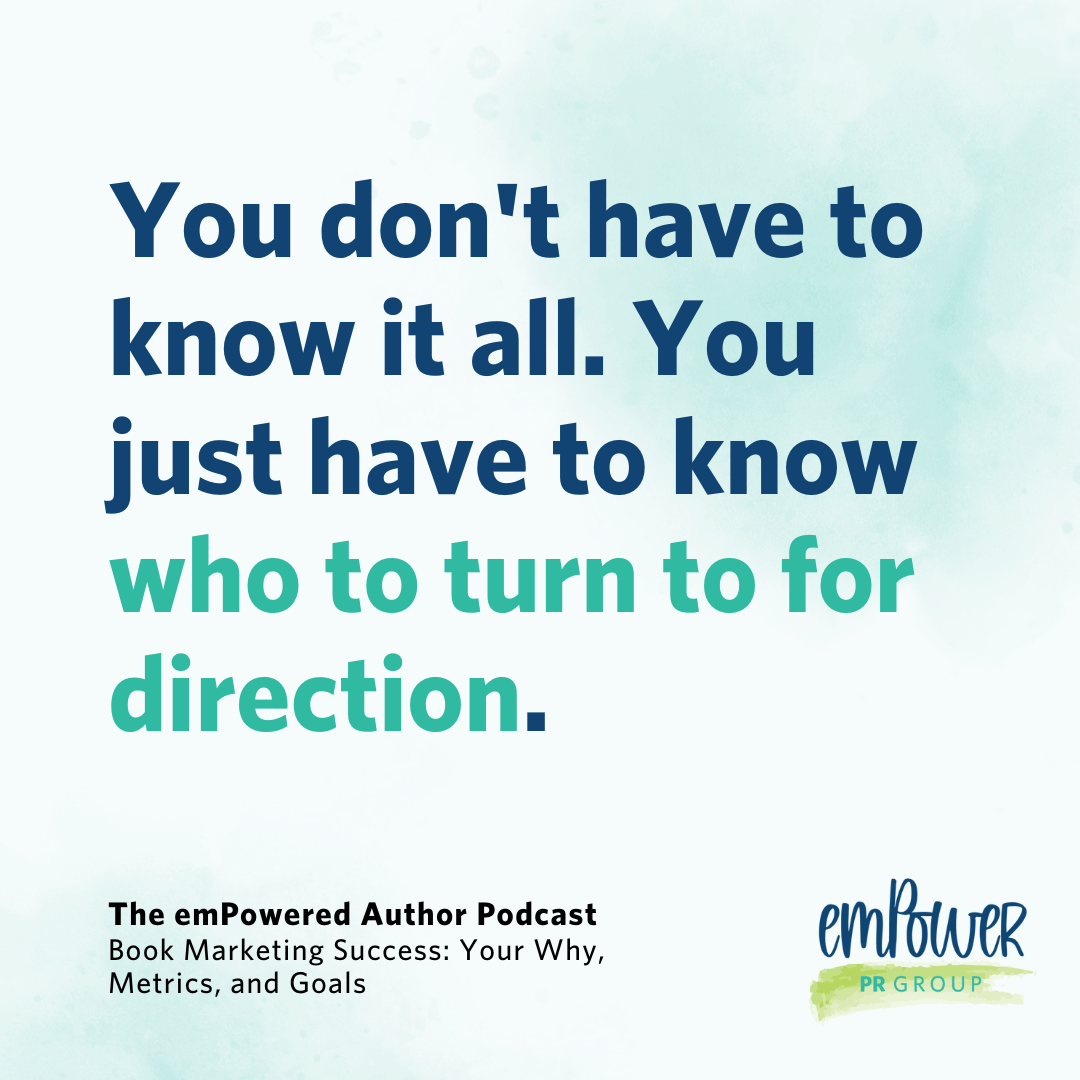
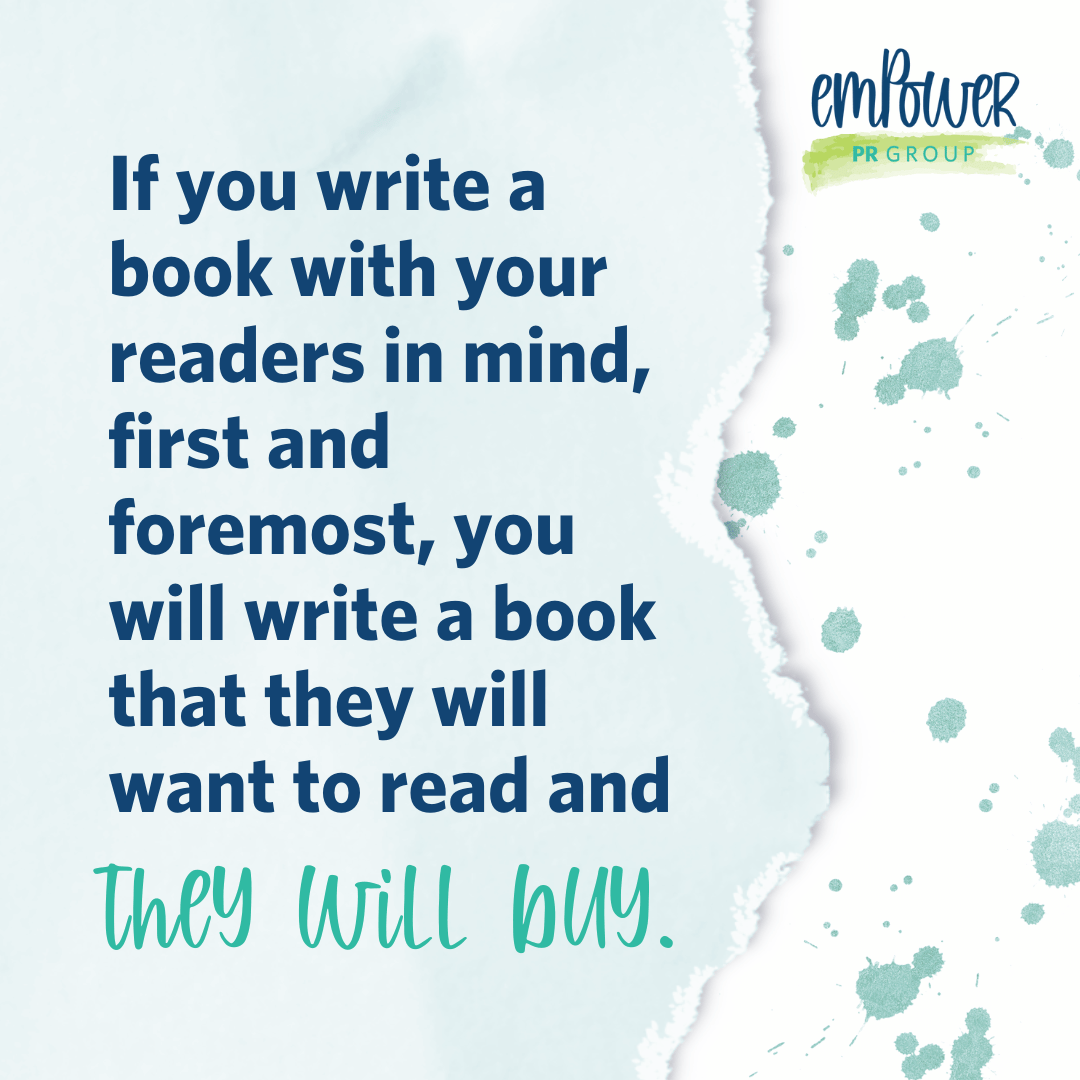
Meet the Podcast Host
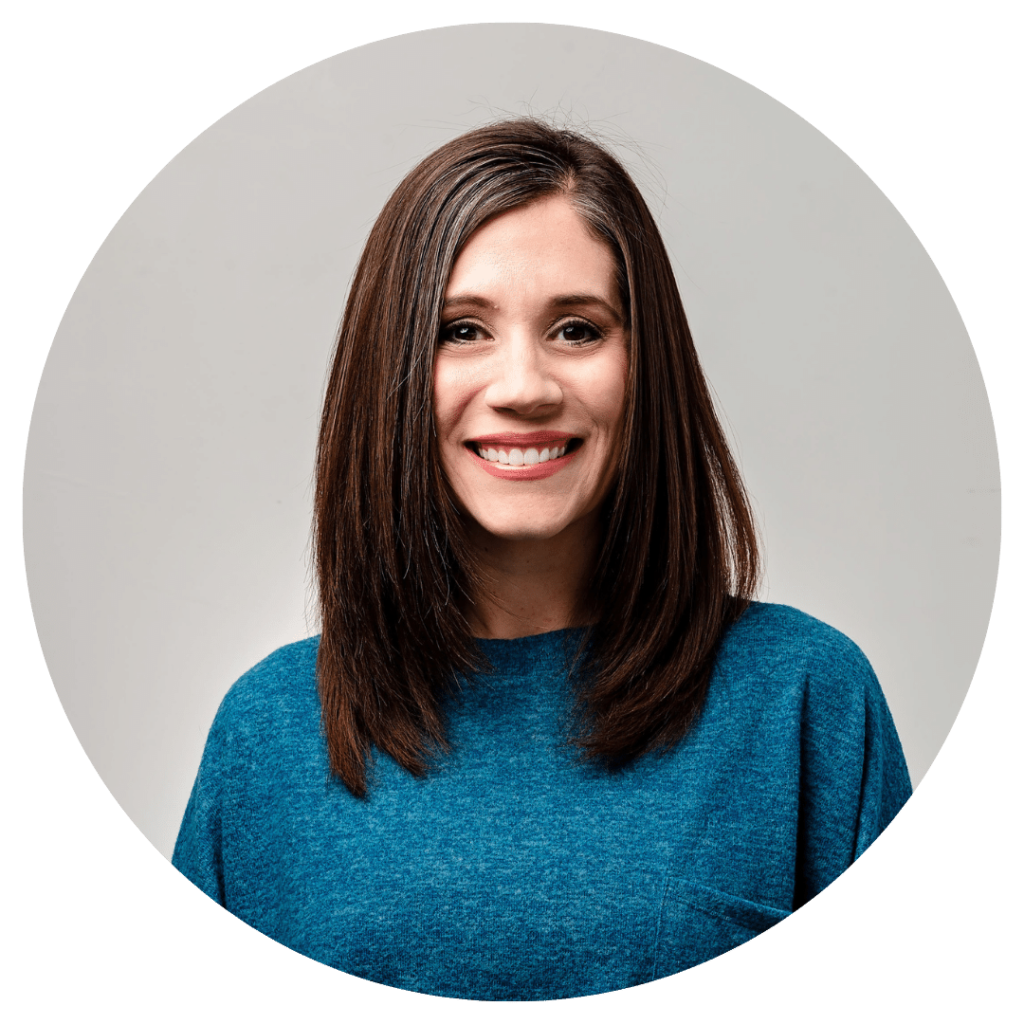
Stephanie Feger
emPower PR Group
Stephanie Feger is passionate about helping authors make their author emPact. As the host of The emPowered Author Podcast, she has merged her love for reading books, writing books and marketing books to help authors be successful by sharing emPactful marketing strategies and tactics through the podcast. As an author herself and a seasoned book marketing expert, her goal is to ensure that authors are strategic and focused when it comes to book marketing.
